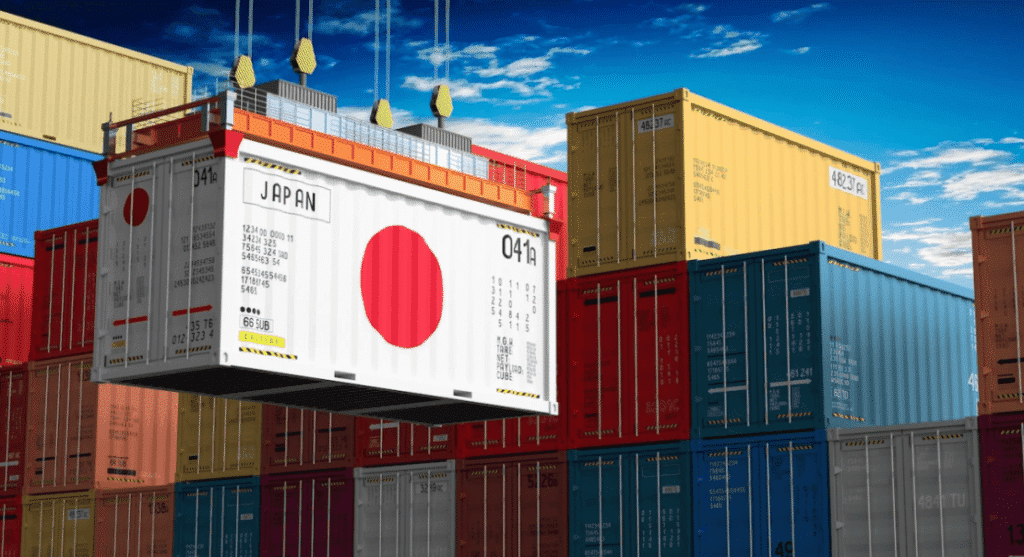Geopolitics in the evaluation of international scientific collaboration

International collaboration is one of modern science’s quiet superpowers. Increasingly, it is also a geopolitical flashpoint. This column presents new experimental evidence that shows both
The work-from-home wage premium

Studies have found that workers typically value the option to work from home and are willing to accept sizable wage cuts in exchange for it,
Geopolitical risk and supply chain diversification

Geopolitical risks are reshaping global production, yet little is known about how firms reallocate their supply chains in response. Using parent-affiliate matched data on Japanese
Elevating the knowledge agenda for women entrepreneurs to boost jobs, growth, and access to finance

Women entrepreneurs represent a powerful yet largely untapped source of job creation and economic growth. Removing barriers faced by women entrepreneurs would significantly boost economic growth,
Trade risk and optimal trade policy: Lessons from food security

Geopolitical shocks and trade disruptions have made imports less reliable, especially for essential goods like food. This column outlines a framework where trade costs are
Peering beyond the veil of aggregate bank lending rate dynamics: Insights into credit-level pricing and composition effects

During the recent tightening and easing cycle, the aggregate bank lending rate to firms in the euro area increased by less than the rise in
Winners and losers from remote work: How firm capabilities impact productivity

Work from home is now a permanent feature of how firms organise production, yet its effects on productivity remain unclear. Using new data covering all
How the Fed makes decisions: Disagreement, beliefs, and the power of the Chair

Federal Open Market Committee statements typically sound unanimous, but the Committee’s internal debates rarely are. This column analyses historical meeting transcripts to show that policymakers
Femicides, anti-violence centres, and policy targeting

Local responses to gender-based violence, with femicide as its most extreme form, remain uneven across Europe. This column combines machine-learning forecasting with policy evaluation to
Forecasting inflation: The sum of the cycles outperforms the whole

Inflation reflects forces operating at different cycles, from short-lived shocks to slow-moving structural trends. Yet most forecasting models treat inflation as a single aggregate process.





